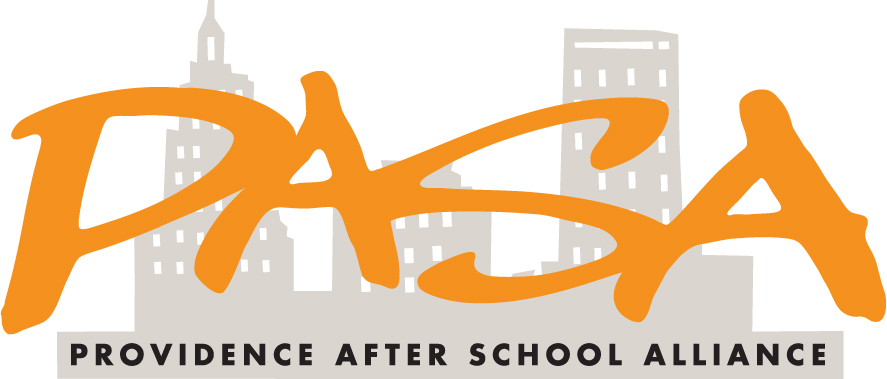PASA’s Quality Consultant, Elizabeth Devaney commented on what the term expanded learning means for School’s Out Washington News. On October 18th, Elizabeth will be presenting on a panel discussion during Seattle’s Bridge Conference on Expanded Learning Opportunities, facilitated by Pricilla Little.
What exactly is expanded learning? The phrase is being used to describe a whole variety of activities but no one clear definition or model has emerged. That is because we as a field are grappling with an age-old challenge – how to reengage young people in learning in a way that excites them, stimulates their curiosity, and connects them to new experiences. Expanded learning could represent a new way to do that and there is both excitement and a healthy dose of apprehension among youth development advocates about what it should look like. Some emergent themes are worthy of note. Expanded learning is about more intentional connections between the community and schools, not necessarily only through academic content, but through programmatic linkages and real world experiences. It is about taking the best of the out of school time world and combining it with the best of what schools have to offer. And it is about helping young people to be successful through relevant learning that addresses all of their needs – academic, social, emotional and physical.
| The point is to create intentional links between the two worlds, to draw upon the best of what each has to offer. |
A variety of models are starting to take shape around the country. In some communities, expanded learning is driven by schools. The school day is extended by an hour or two allowing teachers to spend more time with additional learning activities designed to bolster academic success and community agencies are invited to provide enriching activities several days per week. In other communities, like Providence, RI, and those served by members of theCollaborative for Building After School Systems (CBASS), expanded learning is shaping up as a partnership between schools and the community. The work is early, but the results are promising.
This past summer in Providence, 10 teams of community educators and school teachers co-designed and delivered a 4-week summer curriculum focused on STEM to 150 middle school youth. This program brought youth from the classroom, to community field locations, and back to the classroom where they could make real-world connections to the math and science they were learning. For example, in one cohort, students at the Community Boating Center learned to sail, but they also took measurements of daily wind speed, temperature, and air pressure. When they got back into the classroom they graphed those figures over time and talked about the impact of each on the velocity of their boats.
The Providence school district funded the Providence After School Alliance (PASA) to run this program in place of a traditional summer school program because they believed it would be more effective. And it was. Both types of educators were able to draw on their strengths to excite youth about what they were learning and how they could apply it. And in a study of the program’s impact, both reported that the experience improved their teaching practice. When the study is complete, we’ll know if the program had a positive impact on students. Most likely, in 4 weeks, it will not have moved their test scores. But we are confident it improved their confidence in their own skills and their curiosity about the world around them, setting them up for greater success in school.
Not every community will define expanded learning this way or use this particular model. Each school district and set of community partners and contexts is unique. The point is to create intentional links between the two worlds, to draw upon the best of what each has to offer, and to excite both youth and teams of formal and informal educators about learning from and with each other.
School’s Out Washington is an intermediary agency which provides services and guidance for organizations to ensure all young people have safe places to learn and grow when not in school. School’s Out is dedicated to building community systems to support quality out-of-school time programs for Washington’s 5-18 year olds through training, advocacy and leadership.
